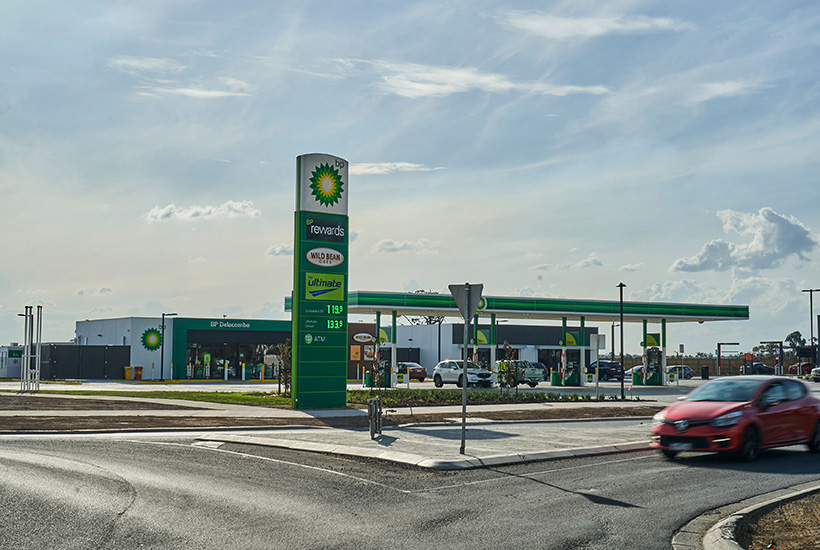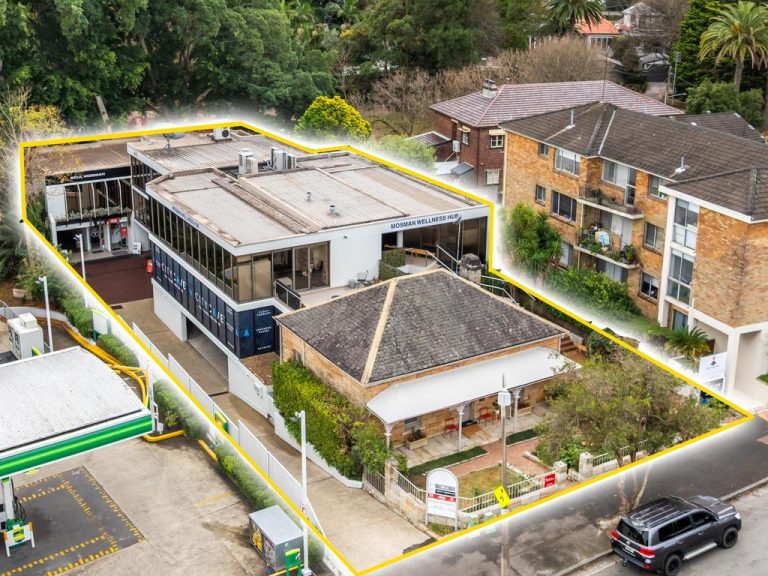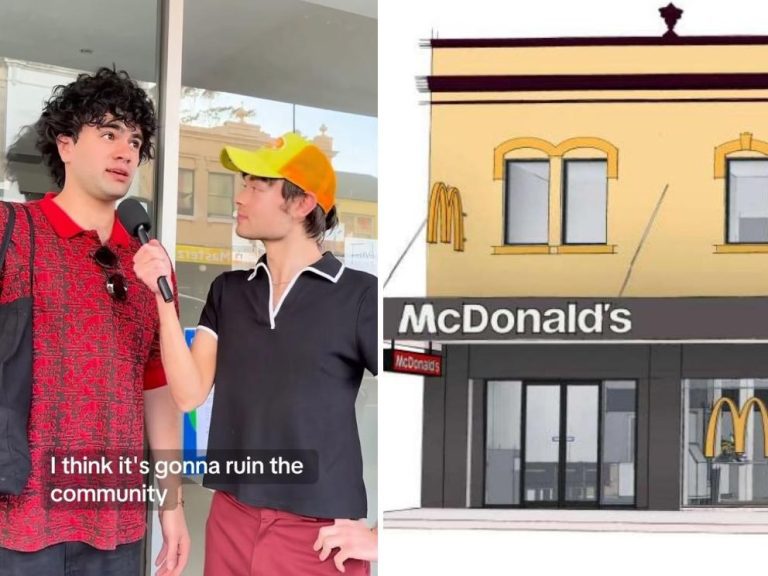Victorian BP servo sale proves market’s appeal

COVID-19 has done little to cool the heat in the service station market, with the first Victorian station to sell since the the pandemic declaration trading on a very tight yield.
Agents say unfulfilled pre-coronavirus demand is continuing to fuel the sector, which continues to attract interest amid wider concerns about the retail market.
A domestic investor picked up the newly-built BP at Delacombe, near Ballarat in the state’s west, for $6.7 million on a passing yield of 5.01%, beating out eight other buyers, including a number from interstate and Asia.
“We are still experiencing strong investor demand off the back of a backlog of demand from early in the year,” says CBRE’s Rorey James, who brokered the deal with Justin Dowers and Kevin Tong.
“BP Delacombe has been the only on-market service station to be offered in Victoria since the COVID-19 was announced as a pandemic. And the level of strong interest further highlights buyer demand remaining for securely leased investments, especially acknowledging low supply levels.”
The property features a 15-year lease to BP, returning $336,000 in annual rent, along with two vacant retail spaces that could boost rent by almost $80,000 annually.
The service station at 316 Glenelg Highway sits alongside a McDonald’s, while Kmart, Woolworths, Bunnings Warehouse and Dan Murphy’s are adjacent.
Built in a major growth area, a further 1100 residential lots are proposed for a neighbouring development.
James says the result shows there is still a significant cohort of ready investors looking to purchase within the fuel and convenience retail sector.
“This result bodes very well for retail and service station owners, with nine formal offers received and more than $50 million worth of active capital looking to buy this type of asset right now during the COVID 19 climate,” he says.
“The current climate has seen more buyers look towards long term income security, as they seek a ‘flight to quality’ as alternative investments such as the share market and term deposits become less and less attractive.”







